
What is Romer's Gap, and what does a fossil dated to 346 million years ago mean for vertebrate evolution?

What is Romer's Gap, and what does a fossil dated to 346 million years ago mean for vertebrate evolution?

Leaders and other individuals in management roles can build an engaging, healthy, collaborative, and proactive workforce by helping with gratitude and expressing genuine concern for their staff.
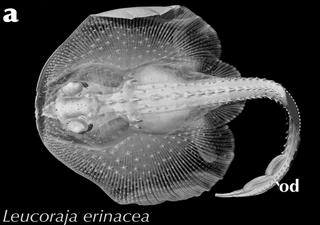
Could the teeth inside our mouths really have originated as sensory organs on the coarse, bumpy skin of our distant, ancient fish ancestors?

The wildlife of China’s Greater Bay Area is suffering the negative effects of heavy marine vessel traffic, and scientists are pushing for dedicated conservation efforts.
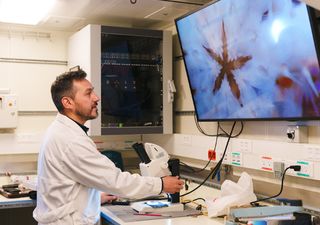
Scientists gain access to an underwater world beneath Antarctica's ice via a recent calving event revealing a marvelous array of life.
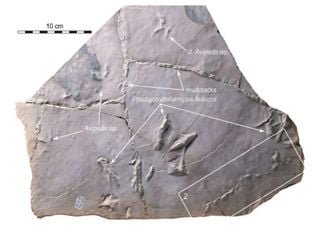
Trace fossils from the Green River Formation in Utah reveal the intricate behaviour of a prehistoric water bird, previously thought to filter feed like the modern duck.
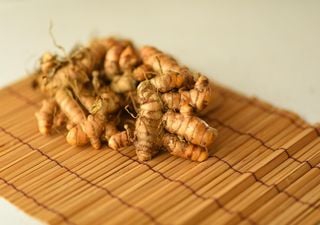
Researchers have found a way of obliterating bacterial superbugs by exposing bacteria to turmeric-derived curcumin (as a light-sensitive agent) and light, inducing destructive chemical reactions.
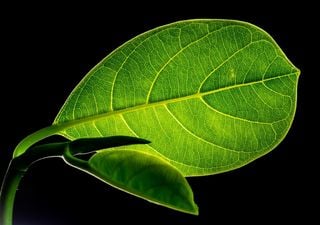
While quantum mechanics may not instantly come to mind when looking at a tree, plant, or beautiful floral display, researchers say that plants have a remarkable system for its use.

Concordia University researchers are leading a pioneering initiative, the Abundant Intelligences program, to integrate indigenous knowedge systems into the core of AI.

Electroactive biofilter technology substantially reduces the toxicity of contaminants in wastewater, transforming the future of wastewater treatment.
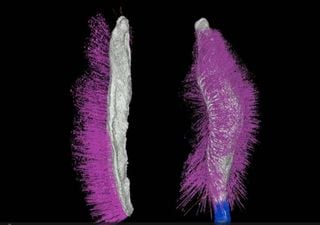
Researchers describe two new species of ancient mollusc sporting what can be described as a radical spiky hairdo.
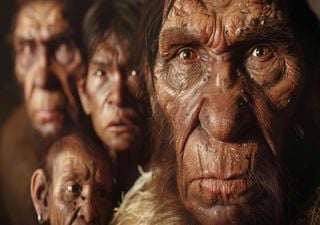
Taking a deep genetic dive into human evolution reveals crucial links that tell us more about our developmental history.
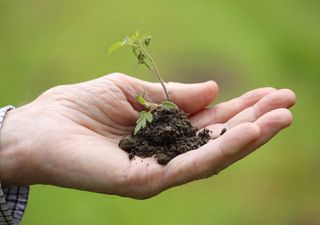
What potent bacterial biochemical poses a real threat to flowering and non-flowering plant survival?

Scientists are working hard to illuminate the tantalizing nature of black holes and use advanced telescopes to provide detailed measurements.

You'll move, generate electricity, and power your smartwatch, mobile phone, and other portable devices, but way more efficiently researchers posit.

Increasing a crop's ability to photosynthesize boosts yield and biomass, but also incurs a negative developmental issue, scientists say.

A key system within the Global Ocean Conveyor Belt appears to be weakening. Why is this happening and what does this mean for our oceans and climate?
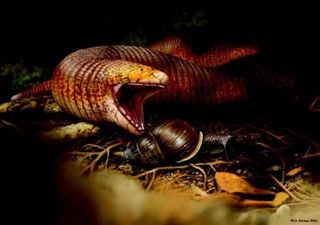
A discovery of the largest worm lizard to date fascinates researchers and it's the extinct organism's diet that links the past to the present.

Researchers show that animal protagonists in children's books are very important in helping children understand and predict social behavior.
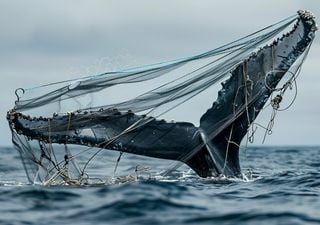
Journalists from The Associated Press sharpen the lens on krill-fishing-associated whale deaths and highlight the need for sustained krill reserve management across the Antarctic Peninsula.